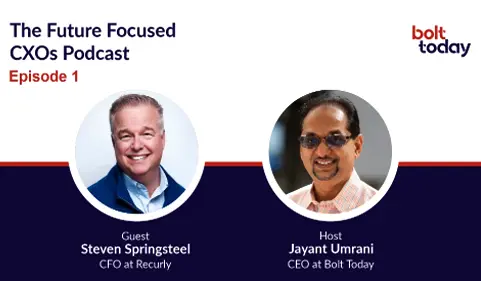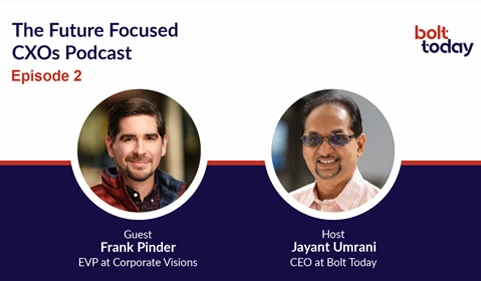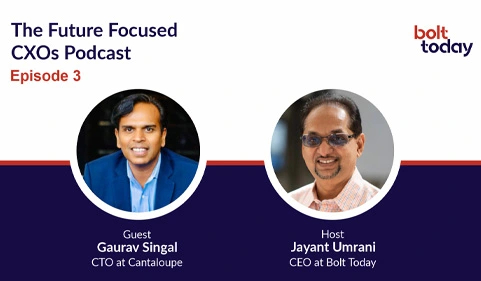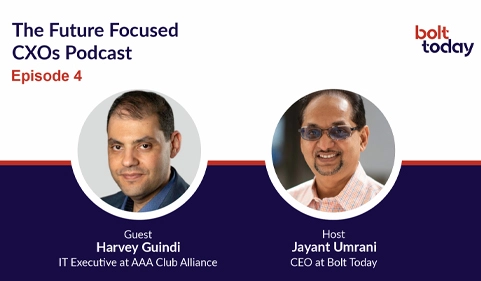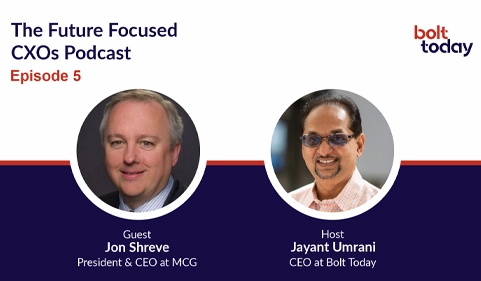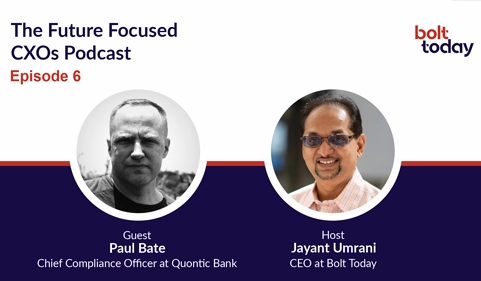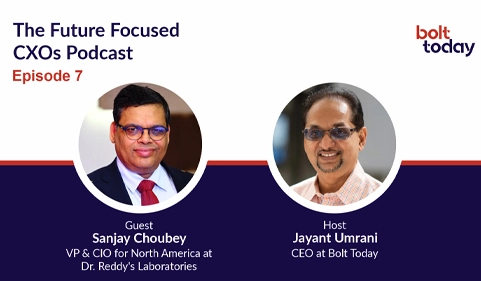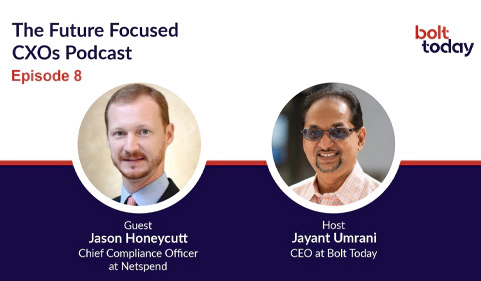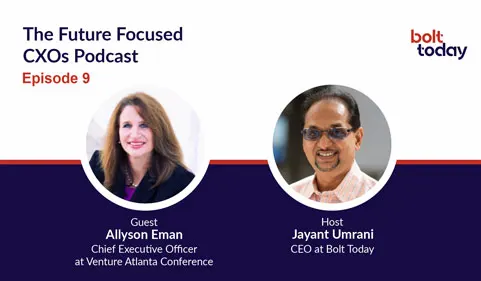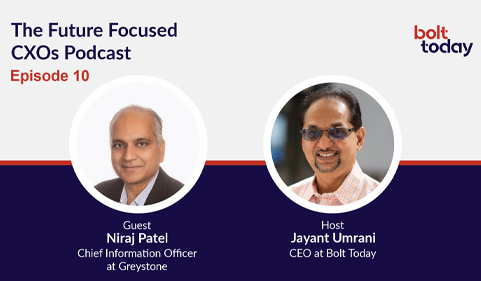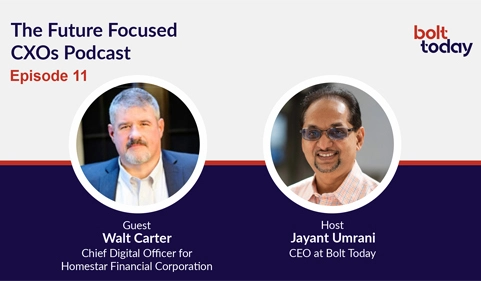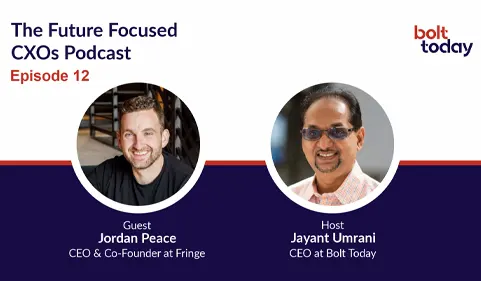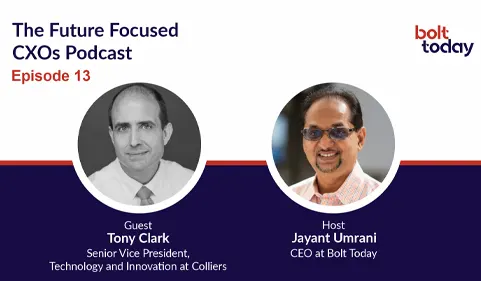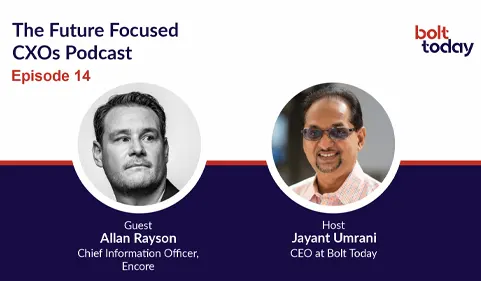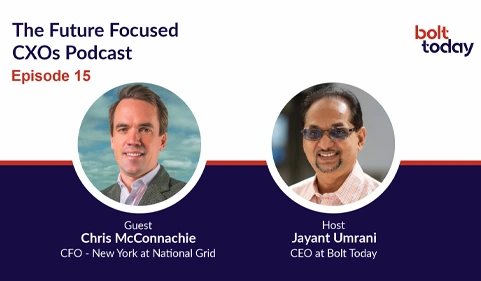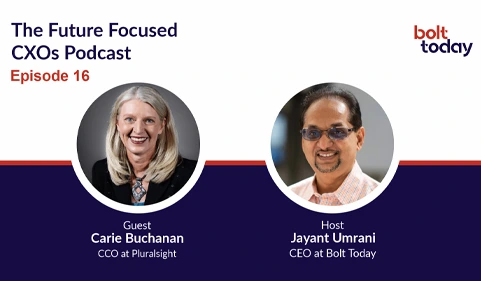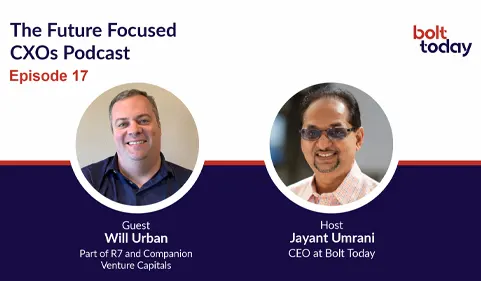Discover the winning strategies used by top CXOs to drive growth in their companies, even in the toughest of times! Join us on this must-listen podcast as we learn from the best in the business world.
In this insightful episode, we have the pleasure of hearing from Jason Honeycutt, Netspend's Chief Compliance Officer. Jason offers insightful perspectives on crucial areas of the compliance industry, such as the importance of data, the necessity of continual development, the importance of staying informed, the value of diversity, and the power of efficiency.
Tune in to Engaging Conversations and Insights!
Topics Discussed
1:57 - To ensure compliance, our team employs a combination of data and technology. We use simple and complex formulas, as well as VBA scripting when necessary. Chief Compliance Officers, or those aspiring to be one, must be skilled in data analysis, especially relational data tables and complex Excel capabilities.
4:04 - The relevance of old methods and the adoption of new practices in compliance is an important factor, particularly in rapidly changing areas such as fraud and anti-money laundering.
In my 9 years of compliance experience, I've learned the value of continuous improvement and thorough documentation. Having the best compliance program in the world isn't enough if it can't be demonstrated when reviewed by regulators, whether through civil or criminal processes led by the Department of Justice. To avoid potential penalties or prosecutions, we must demonstrate the effectiveness of our program.
5:40 - I use two essential tactics to stay ahead of compliance challenges. First, I always advise reading the general business section. Second, I always recommend reading about politics. You may not want to be political, yet politicians set laws and affect how regulators enforce and interpret those rules.
I ensure that my compliance efforts stay proactive and well-informed in an ever-changing landscape by embracing continuous learning, maintaining an understanding of diverse money cultures, and building a team of talented professionals.
10:00 - My compliance success has been boosted by a data-driven strategy. While compliance is the priority, as a good employee and corporate citizen, it is also critical to manage company assets and resources properly.
This data-driven approach is not limited to specific compliance sectors. For example, in sanction screening, each business must follow OFAC standards. By structuring and optimizing data, such as OFAC sanction lists, customer names, vendor names, and trade-related information, we can efficiently review relevant matters while avoiding unnecessary reviews. This focused strategy ensures that we address compliance issues in a timely and effective manner.
13:34 - The opportunity to hire more staff is valuable as compliance standards continue to expand. While using data to improve efficiencies is critical, having a well-resourced compliance staff is equally important. We can streamline processes and save time by being data-driven, but this does not eliminate the need for trained personnel who can negotiate complex compliance environments.
While data-driven changes are beneficial, they must be implemented with a well-supported compliance team. We can achieve optimal compliance outcomes and effectively navigate the growing compliance landscape by combining efficient processes with trained professionals.
15:26 -My advice for existing Compliance Officers, CXOs, and aspiring professionals is to appreciate your career's journey. It won't follow a straight line, but that's fine. Accept uncertainties and challenges while focusing on progress day by day and year by year. This way of thinking will bring you to a rewarding destination. Bridge operational and financial components into your compliance understanding. This will prepare you for success in the dynamic and ever-changing sector of compliance.

